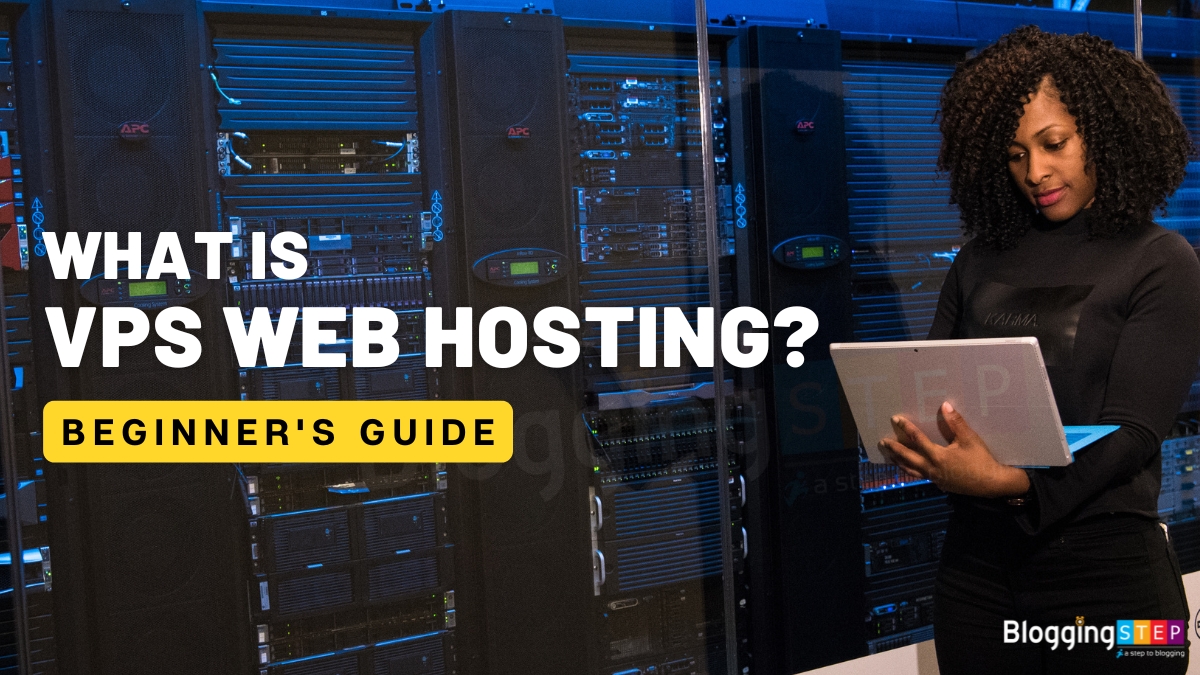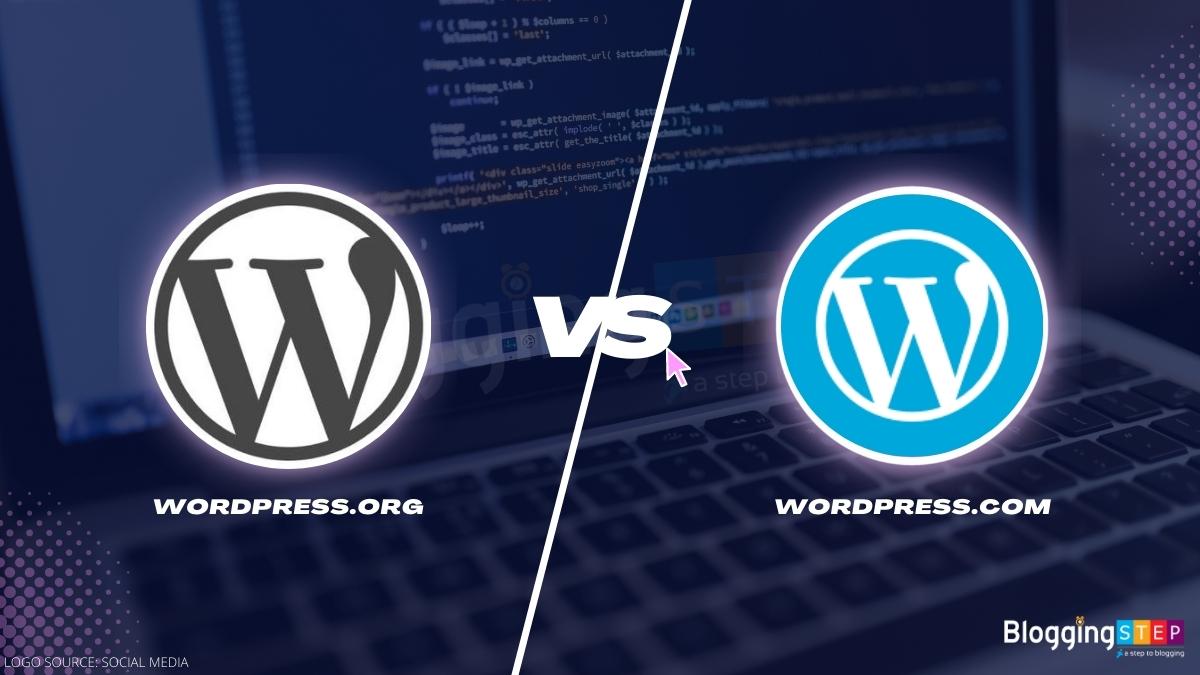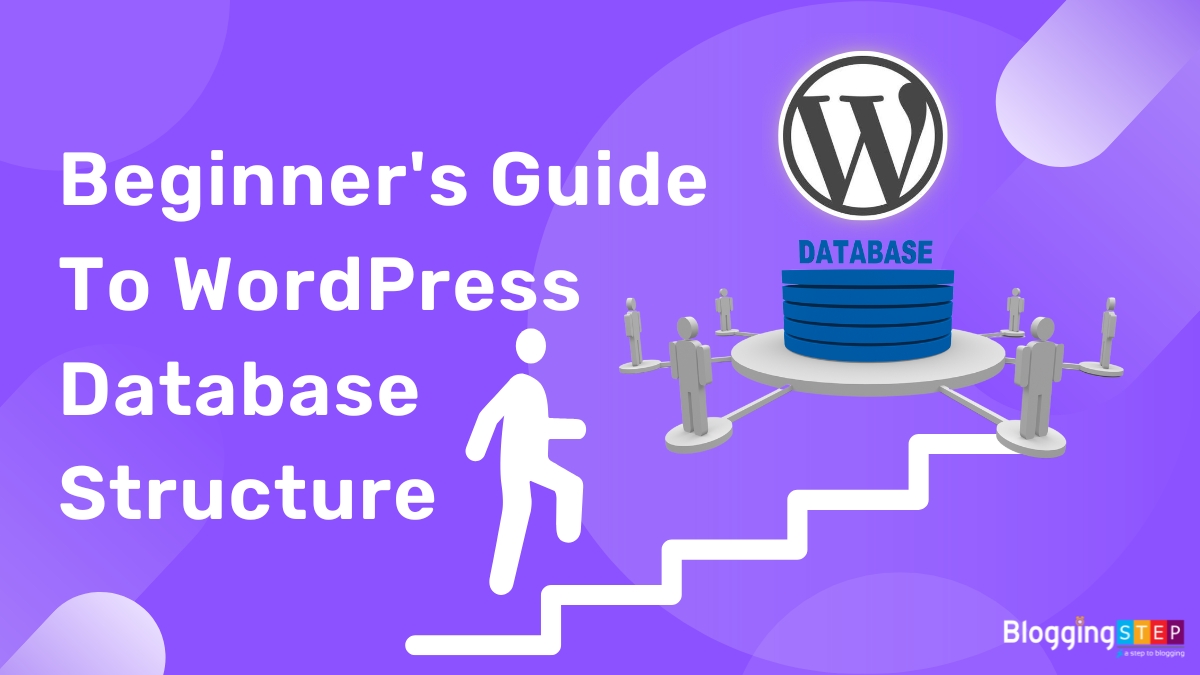
VPS web hosting, or Virtual Private Server hosting, has become an increasingly popular choice for website owners and application developers in recent years.
In this article, we will explore everything you need to know about VPS hosting, from the benefits and differences compared to other types of hosting to tips for optimizing performance and cost considerations. Whether you’re a beginner or an experienced user, our guides and tips will help you get the most out of VPS hosting.
Table of Contents
What is VPS Web Hosting?
VPS hosting (Virtual Private Server hosting) is a type of web hosting where a physical server is divided into multiple virtual servers.
Each virtual server acts as an independent server with its own resources, operating system, and dedicated hosting environment, allowing users to have greater control and customization of their hosting environment than with shared hosting.
With VPS hosting, users have root access to their server, giving them the ability to install custom software and configure the server to meet their specific needs.
VPS hosting is a popular choice for websites or applications that require more resources than what shared hosting can provide, but may not require the high-end features and costs associated with dedicated hosting.
Difference between “VPS Hosting” and “Managed VPS Hosting”?
The main difference between VPS hosting and managed VPS hosting is the level of support and management provided by the hosting provider.
VPS hosting typically gives users root access to the server, which allows them to install and configure their own applications, operating system, and software. Users are responsible for managing and maintaining their server, including performing updates, installing security patches, and resolving any issues that may arise.
Managed VPS hosting, on the other hand, provides users with a higher level of support and management. The hosting provider takes care of the server maintenance, including installing software updates and security patches, monitoring the server for issues, and resolving any problems that arise. Managed VPS hosting may also include additional features like automatic backups, server optimization, and enhanced security measures.
While VPS hosting provides users with greater flexibility and control, managed VPS hosting is a good choice for users who want to focus on running their website or application without having to worry about server management and maintenance. Managed VPS hosting can also be a good choice for users who lack the technical expertise or time to manage their own server.
In summary, the main difference between VPS hosting and managed VPS hosting is the level of support and management provided by the hosting provider. VPS hosting provides users with greater flexibility and control, while managed VPS hosting offers a more hands-off approach to server management and maintenance.
How does VPS Web Hosting works?
VPS web hosting works by dividing a physical server into multiple virtual servers, each of which acts as an independent server with its own resources, operating system, and dedicated hosting environment. Each virtual server is allocated a certain amount of CPU, RAM, and storage resources, and has its own IP address, allowing users to install and configure their software and applications without affecting other users on the same server.
When a user signs up for a VPS hosting plan, they are allocated a specific amount of resources based on their chosen plan. They can then use these resources to install and run their applications and websites, with the ability to scale resources up or down as needed.
In addition to providing greater control and customization over the hosting environment, VPS hosting also provides a higher level of security compared to shared hosting. Each virtual server is isolated from the others on the same physical server, providing a more secure environment for hosting sensitive data or applications.
While VPS web hosting is commonly used for traditional websites, it can also be used for other purposes, including:
- Virtual Desktops: VPS hosting can be used to set up virtual desktops for remote employees or teams, allowing them to access applications and files from anywhere.
- Development Environments: Developers can use VPS hosting to set up development environments that mimic production environments, making it easier to test and deploy applications.
- Gaming Servers: VPS hosting can be used to set up gaming servers for multiplayer games, providing dedicated resources and low latency for players.
- File Storage and Sharing: VPS hosting can be used to set up file storage and sharing systems, allowing users to store and access files from anywhere.
- VPNs: VPS hosting can be used to set up virtual private networks (VPNs), which allow users to securely access resources on a private network over the internet.
- Voice over IP (VoIP) Systems: VPS hosting can be used to set up VoIP systems, providing dedicated resources and low latency for voice and video calls.
- Machine Learning and Artificial Intelligence (AI): VPS hosting can be used to set up machine learning and AI systems, providing the necessary resources for training and inference.
By using VPS hosting for these purposes, businesses and organizations can take advantage of dedicated resources, greater flexibility, and lower costs than dedicated hosting, while still maintaining control over their hosting environment.
Overall, VPS hosting provides users with a flexible, scalable, and secure hosting environment that can be customized to meet their specific needs.
Advantages and Disadvantages of VPS Web Hosting
Here are some advantages and disadvantages of VPS web hosting:
Advantages
- Dedicated Resources: VPS hosting provides dedicated resources such as CPU, RAM, and storage, which ensures that your website or application has sufficient resources to perform optimally even during peak traffic times.
- Scalability: VPS hosting allows you to easily scale your resources up or down depending on your needs. This means you can quickly increase your resources during high traffic times and then scale back down during quieter periods, which can help you save costs.
- Customization: With VPS hosting, you have full control over your server environment and can customize it to suit your specific needs. This includes installing custom software, configuring server settings, and optimizing performance.
- Security: VPS hosting provides a higher level of security than shared hosting, as each user has their own isolated environment. This means that even if one website or application is compromised, it won’t affect other users on the server.
- Cost-effective: VPS hosting is more cost-effective than dedicated hosting, as you can enjoy dedicated resources at a lower cost. This makes it an ideal choice for small to medium-sized businesses that require more resources than shared hosting but can’t afford the high costs of dedicated hosting.
Disadvantages
- Technical knowledge: VPS hosting requires some technical knowledge to set up and manage. This means that if you’re not comfortable with managing servers, you may need to hire a professional to do it for you, which can increase your costs.
- Maintenance: VPS hosting requires regular maintenance and updates to ensure optimal performance and security. This means you’ll need to invest time and resources into maintaining and monitoring your server.
- Limited support: VPS hosting providers typically offer limited support compared to shared hosting providers. This means you may need to rely on your technical skills or hire a professional to resolve any issues that arise.
- Resource limitations: While VPS hosting provides dedicated resources, there are still limitations to how much resources you can use. If you exceed your resource limits, your website or application may experience performance issues.
Overall, VPS hosting provides a flexible, customizable, and cost-effective hosting solution for websites and applications that require more resources and security than shared hosting can provide. However, it does require some technical knowledge and maintenance, and may have limited support compared to shared hosting.
What is VPS Web Hosting used for?
VPS hosting can be used for a wide range of applications and websites that require more resources than what shared hosting can provide, but may not require the high-end features and costs associated with dedicated hosting. Here are some common use cases for VPS hosting:
- Hosting multiple websites: VPS hosting allows users to host multiple websites on a single server, with each website having its own dedicated resources.
- High traffic websites: Websites that receive high levels of traffic can benefit from VPS hosting, as it provides more resources and scalability than shared hosting.
- Resource-intensive applications: Applications that require a lot of processing power, memory, or storage, such as databases or video streaming platforms, can benefit from the dedicated resources provided by VPS hosting.
- Development and testing environments: VPS hosting can be used to create development and testing environments for software development projects, allowing developers to test their applications in a controlled environment before deploying them to production.
- Game servers: VPS hosting can be used to host game servers for multiplayer games, providing low latency and high performance for gamers.
Overall, VPS hosting is a versatile hosting solution that can be used for a variety of applications and websites that require dedicated resources and a secure hosting environment.
Cost considerations for VPS web hosting: is it worth the investment?
When considering VPS web hosting, it’s important to take cost into account as it can vary widely depending on the provider and the specific plan you choose. However, many businesses and organizations find VPS hosting to be worth the investment for several reasons:
- Dedicated Resources: VPS hosting provides dedicated resources, such as CPU, RAM, and storage, that are not shared with other users. This results in better performance and reliability for your website or application.
- Customization: VPS hosting allows for greater customization and control over your hosting environment. You can install and configure software, choose your operating system, and customize security settings to meet your specific needs.
- Scalability: VPS hosting is scalable, meaning you can easily upgrade or downgrade your plan as your needs change. This flexibility allows you to easily adjust your hosting resources to match your current needs and budget.
- Cost-Effective: VPS hosting is often more cost-effective than dedicated hosting, as it allows you to enjoy many of the benefits of dedicated hosting while sharing the cost of hardware and infrastructure with other users.
- Security: VPS hosting provides greater security than shared hosting, as each VPS is isolated from other users and has its own security settings. This makes it less vulnerable to attacks or breaches that could impact other users on the same server.
Overall, while VPS web hosting may require a larger investment than shared hosting, it can provide significant benefits for businesses and organizations that need dedicated resources, customization, scalability, and security. It’s important to carefully consider your specific needs and budget when evaluating whether VPS hosting is worth the investment for you.
List of free VPS hosting providers
While there are some providers that offer free VPS hosting, it’s important to keep in mind that the resources provided may be limited, and there may be restrictions on usage. Here are some free VPS hosting providers that you may consider:
- Google Cloud Platform: offers a 12-month free trial with a $300 credit, which can be used for a virtual machine instance.
- Amazon Web Services (AWS): offers a free tier for new users, which includes access to a t2.micro instance for 12 months.
- Oracle Cloud Infrastructure: offers a free tier with access to one virtual machine with 1/8 OCPU and 1 GB RAM, and 50 GB of block storage for up to 30 days.
- Microsoft Azure: offers a free tier with access to one virtual machine with 1 GB RAM, 50 GB of managed disk storage, and 750 hours of B1S Windows Virtual Machines.
Keep in mind that free VPS hosting plans may have limitations and may not be suitable for production environments or critical applications.
Note: It’s important to carefully review the terms and conditions before signing up for a free VPS hosting plan.
Differences between VPS web hosting and other types of hosting
There are several types of web hosting available, including shared hosting, VPS hosting, dedicated hosting, and cloud hosting. Here are some of the key differences between VPS hosting and other types of hosting:
- Shared Hosting: Shared hosting is the most basic type of web hosting, where multiple websites share a single server and its resources. This means that the resources are limited, and there may be performance issues during peak traffic times. In contrast, VPS hosting provides dedicated resources and allows for more scalability.
- Dedicated Hosting: Dedicated hosting is a type of hosting where you rent an entire physical server for your website or application. This provides the highest level of control and customization, but it also comes with a higher cost. VPS hosting offers similar control and customization, but at a lower cost than dedicated hosting.
- Cloud Hosting: Cloud hosting is a type of hosting where your website or application is hosted on a cluster of servers that work together to provide resources as needed. This provides high scalability and flexibility, but it can be more complex to manage than VPS hosting.
Overall, VPS hosting provides a balance between shared hosting and dedicated hosting. It provides dedicated resources and customization options, but at a lower cost than dedicated hosting. Additionally, VPS hosting allows for easy scalability and provides a higher level of security than shared hosting.
Best VPS Hosting Providers
The best VPS hosting provider for you depends on your specific needs and requirements. However, here are some top VPS hosting providers that are known for their performance, reliability, and support:
- Digital Ocean: A popular provider that offers affordable VPS hosting plans, a user-friendly interface, and great developer tools.
- Linode: A cloud hosting provider that offers fast and reliable VPS hosting with scalable resources, multiple data centers, and advanced networking features.
- Vultr: A provider that offers high-performance VPS hosting with SSD storage, multiple locations worldwide, and a user-friendly control panel.
- Amazon Web Services (AWS): A cloud computing provider that offers a wide range of VPS hosting solutions with flexible pricing, scalability, and high availability.
- Google Cloud Platform (GCP): Another cloud computing provider that offers VPS hosting with fast and reliable performance, global infrastructure, and a wide range of services.
- Microsoft Azure: A cloud computing provider that offers VPS hosting with flexible pricing, scalable resources, and advanced security features.
- Liquid Web: A managed hosting provider that offers VPS hosting with fully managed services, high-performance hardware, and excellent customer support.
- InMotion Hosting: A provider that offers VPS hosting with a 90-day money-back guarantee, SSD storage, and free backups.
- DreamHost: A provider that offers VPS hosting with scalable resources, SSD storage, and a 100% uptime guarantee.
- A2 Hosting: A provider that offers VPS hosting with high-performance hardware, multiple data centers, and a 24/7 customer support team.
These are just a few examples of top VPS hosting providers. It’s important to research and compare different providers to find one that meets your specific needs and budget.
Note: It’s important to carefully review the terms and conditions before signing up for any of the above VPS hosting provider.
Getting started with VPS hosting
Getting started with VPS hosting involves setting up and configuring your server. Here are some steps to help you get started:
- Choose a VPS Hosting Provider: The first step is to choose a VPS hosting provider that meets your needs and budget. Research different providers and plans, and consider factors such as uptime guarantees, customer support, and scalability. Some of the best VPS hosting providers, I have mentioned above.
- Select an Operating System: Once you’ve chosen a provider, you’ll need to select an operating system (OS) for your server. Some providers offer pre-configured templates, while others allow you to choose from a variety of operating systems, including Linux and Windows.
- Configure Your Server: Once you’ve chosen an operating system, you’ll need to configure your server. This includes setting up security settings, installing software, and configuring network settings. Depending on your technical expertise, you may want to hire a professional to assist with this step.
- Install and Configure Control Panel: Many VPS hosting providers offer control panels, such as cPanel or Plesk, which provide a graphical user interface (GUI) for managing your server. Install and configure the control panel of your choice to make it easier to manage your server.
- Set Up Backups: Backups are essential to ensure that you don’t lose data in the event of a server failure or other disaster. Configure regular backups of your server and store them securely offsite.
- Test Your Server: Once you’ve set up and configured your server, test it to ensure that it’s working properly. Test the network connection, install software, and run benchmarks to ensure that your server is performing as expected.
By following these steps, you can get started with VPS hosting and configure your server to meet your specific needs. It’s important to regularly monitor your server and perform updates and maintenance as needed to ensure that it remains secure and reliable.
Security considerations for VPS web hosting
Here are some important security considerations to keep in mind when using VPS web hosting:
- Regular Updates: Keep your VPS operating system and applications up-to-date with the latest security patches and updates. This helps to prevent security vulnerabilities from being exploited.
- Secure Passwords: Use strong passwords for your VPS account, control panels, and other applications. Avoid using easily guessable passwords such as “123456” or “password”.
- Firewall Protection: Implement a firewall on your VPS to help protect against unauthorized access. A firewall can block suspicious traffic and protect your VPS from malware and other threats.
- Regular Backups: Backup your VPS regularly, and store your backups in a secure location. This ensures that you can recover your data in the event of a security breach or other disaster.
- SSL Certificates: Use SSL certificates to encrypt traffic between your website or application and your users. This helps to prevent unauthorized access to sensitive information, such as login credentials.
- Two-Factor Authentication: Use two-factor authentication for your VPS account, control panels, and other applications. This adds an extra layer of security to your login process.
- Strong Security Policies: Develop and implement strong security policies for your VPS hosting, such as password policies, access control policies, and incident response plans.
By following these security considerations, you can help protect your VPS web hosting from security threats and keep your website or application safe.
Web hosting is an essential aspect of creating and maintaining a website. It provides the infrastructure and resources needed to keep a website accessible online, including storage space, bandwidth, and security features. We have explore the basics of web hosting, including the different types of hosting, how it works, and why it’s essential for anyone looking to create a website. please read here: What is Web Hosting and how does it works – Beginner’s Guide
VPS Hosting Glossary – Common terms used for VPS Web Hosting
Here’s a glossary of common terms related to VPS hosting:
- Virtual Private Server (VPS): A virtual server that runs on a physical server but has its own operating system and resources, giving users more control and flexibility than shared hosting.
- Operating System (OS): The software that manages the hardware resources of a server and allows applications to run on it. Common OS options for VPS hosting include Linux and Windows.
- Control Panel: A web-based interface that allows users to manage their VPS hosting, including tasks such as creating and managing websites, email accounts, databases, and backups.
- Root Access: The ability to access the server’s root account and make changes to the server’s configuration and settings.
- Bandwidth: The amount of data that can be transferred to and from the server over a certain period of time, typically measured in gigabytes (GB) or terabytes (TB) per month.
- Disk Space: The amount of storage space allocated to a VPS for storing files, databases, and other data.
- RAM: Random Access Memory, which is a type of computer memory used to temporarily store data and instructions for the server to execute.
- CPU: Central Processing Unit, which is the main processing chip in a server that executes instructions and performs calculations.
- Backups: Copies of server data and configuration settings that are saved to a separate location for disaster recovery and restoration purposes.
- Scalability: The ability of a VPS hosting environment to handle increasing traffic and demand by adding more resources, such as RAM, CPU, and disk space, as needed.
- Uptime: The amount of time that a server is operational and available for use, typically measured as a percentage of the total time.
- Firewall: A software or hardware-based security system that monitors and controls incoming and outgoing network traffic on a server to prevent unauthorized access.
- SSL Certificate: A digital certificate that provides secure, encrypted communication between a website and its users, typically used for e-commerce and other sensitive transactions.
- DNS: Domain Name System, which is a system that translates domain names into IP addresses, allowing users to access websites and other resources on the internet.
- Load Balancer: A device or software system that distributes incoming network traffic across multiple servers to optimize performance and avoid overloading any one server.
- Migration: The process of transferring data and applications from one VPS hosting environment to another.
- Virtualization: The process of creating a virtual version of a resource, such as a server, that can be used by multiple users or applications simultaneously.
- API: Application Programming Interface, which is a set of protocols and tools for building software applications and interacting with other systems.
- SSH: Secure Shell, which is a cryptographic network protocol used for secure remote access to a server.
- Snapshot: A copy of a VPS server’s configuration and data at a specific point in time, used for backup and recovery purposes.
Frequently Asked Questions about VPS Web Hosting
Getting Started with Shared Web Hosting
If you’re interested in learning about another popular hosting option – Shared Web Hosting, be sure to check out our blog post on “What Is Shared Web Hosting? A Beginner’s Guide to Shared Hosting” by clicking on the below button:
Conclusion
In conclusion, VPS web hosting offers a flexible and cost-effective hosting solution for websites and applications of all sizes. It provides users with the benefits of a dedicated server at a fraction of the cost, including enhanced security, greater control, and better performance. With VPS hosting, users can scale resources up or down as needed, making it a great choice for businesses and individuals with changing hosting needs.
While VPS web hosting can offer many benefits, it is important to choose a reputable provider and take steps to secure and optimize your server for maximum performance and uptime. Users should also be prepared to manage and maintain their own server, or opt for a managed VPS hosting plan if they need more support. With proper planning and management, VPS hosting can be an excellent choice for hosting a wide range of websites and applications.
Whether you are just getting started with hosting your own website or are looking for a more flexible and powerful hosting solution, VPS web hosting is definitely worth considering. With its many benefits and features, VPS hosting can provide you with the performance, scalability, and control you need to grow your online presence and achieve your goals.
Thank you so much for reading this article.





